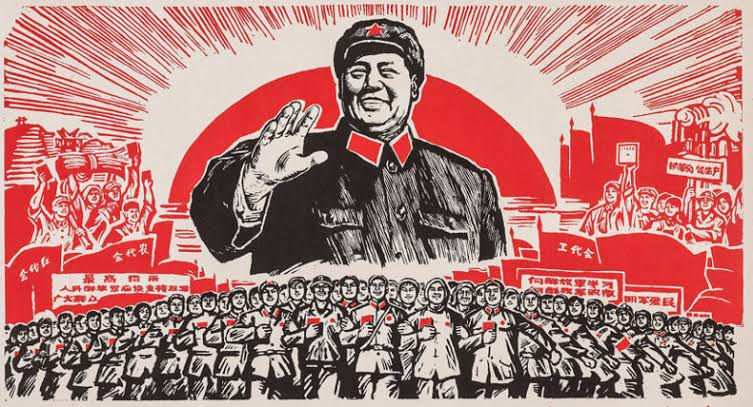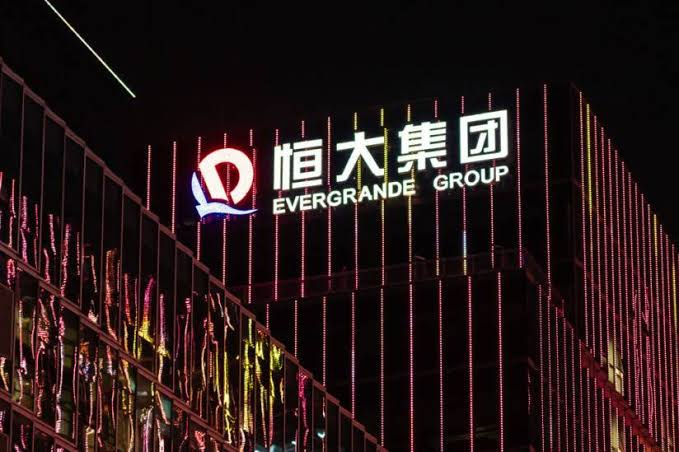Once the Coronavirus hit nations around the world in the year 2020, causing economic and societal collapse and superstructures and institutions around the world taking a major blow, it was a test to see the quality of our leadership and institutions and how they act under such pressure. The following year, in February 2021, China made an astonishing claim that it had lifted over 100 million people out of extreme poverty. This was when the global COVID-19 cases were pushing over 200 million around the world and just before China was about to celebrate the centenary of the CCP (Chinese Communist Party)
The guidelines were set by the CCP to determine that one is not part of extreme poverty if they have an earning of more than 1.70 Dollars per day, which is less than the 1.90 Dollars set by the World Bank. The counter to this is provided by saying that the purchasing power parity or as it’s referenced as the three P’S are lower because China has a different model for its people and culturally is a different set up. There are many reports which suggest that almost 30% of Chinese are still below poverty line and most of its individual earnings are equal to that of the Americans in the 1960’s.
Another huge claim that is being promoted by the Chinese media is that they have resettled the poor, down-trodden people from bad old houses into better homes and given them stable jobs. Their state-run newspaper, People's Daily also claimed that 2.30 dollars is the least income a person earns in China, but then again it cannot be considered true because it is often hiding and changing facts and figures. But what is to be noticed is since COVID-19, while every nation is struggling, the Chinese have tried their best to show the world its efficacy and socialist commitment to the people, no matter how false these claims are.
In China, many people have said to be psychologically affected by this rapid change brought about because of this new housing system. There is a rise of a new phenomenon called the ‘ghost towns.’ Under-occupied developments in China are mostly unoccupied property developments, mostly referred to as "ghost cities” or "ghost towns". In a 2019 report, it was said that China has more than 50 underpopulated ghost cities. These cities, designed for millions to live in, are today populated by only a few thousand residents in each. As housing in China is developed as "commodity housing" Rural land, which must be collectively owned, is redesignated by a municipality as urban-construction land, which can then be resold by the municipality at as much as forty times the price. Shepard explains that municipalities must pass on about 40% percent of their tax revenues to Beijing and are responsible for about 80% of their expenses.
Hence, there is an incentive to seek non-tax-income streams. According to Shepard, as of 2015, "40% of the revenue that local governments in China make is from land sales." In 2012, this type of development created $438 billion (394 billion euros) for China's local governments. Since the 70’s, the markets in China opened up and to create its way and be part of WTO ( World trade organization) the country has taken the worst of left and right wing economics, what it calls socialism with Chinese characteristics. Creating SEZ (special economic zones) for such financial endeavours. Building strong imports to other countries and not having much export from others in its own grounds except America.
They have loosened the labor laws to almost make it a kind of slave labor and have constructed large houses and factories near rivers causing environmental collapse of the local ecosystem. Pudong, Chenggong district, Nanhui New City,Yujiapu Financial district, Yingkou and many such ghost towns across the country show their failures. Between the years 2011-2013 alone China used more cement than the United States did in the entire 20th century. Because they created a kind of dictatorial industrial identity for themselves, it caused millions of housing projects to be constructed till the set deadline of 2020 by Xi Jinping to show their achievements before the century long anniversary of CCP.
The Chinese bureaucrats say they took help from their national banks and state funds to achieve this goal. Still till today, Nepal, another communist country, has 83% of its people living below the poverty line. India itself has problems with its housing system, even with its huge nationalised banks, but it doesn’t have the totalitarian authority of the Chinese to achieve this goal in such a short time.
When a new town is constructed near a village, all the inhabitants of that place are forcefully resettled and the whole village is destroyed to show no change, but causing an environmental danger for those ecosystems. But because of its government, there is no form of attention paid to this aspect. All that they do is try to show the world how they have improved the living standards of their people.
One of the recent examples can be the crises of
Evergrande, a company that started out in 1996 selling bottled water followed by a stint in pig farming, now owns China’s top professional soccer team (Guangzhou Football Club, managed by former Real Madrid centre back Fabio Cannavaro), and has long been the poster boy of the Chinese real estate boom. It rode on a sustained property prices surge in China, the main driver of the post-pandemic Chinese economic expansion to expand into more than 250 Chinese cities selling home-ownership dreams to the country’s middle class.
There were two immediate triggers that precipitated the crisis at Evergrande. Chinese regulators, as part of a widespread crackdown on sectors such as the digital economy and education, kicked off probes into the high borrowings of property developers. To counter that, Evergrande tried selling off some of its business. But a progressive slowing down of China’s property market and tapering demand for new houses crimped cash flows. The two factors combined to precipitate the cash crunch at Evergrande.The company is now struggling under a $300 billion liabilities burden that has decimated its credit rating and share price. It is faced with nearly 800 unfinished residential buildings, many unpaid suppliers and over a million home buyers who have partially paid for their properties.
There has been an assumption from some time that technology will lead to an economic policy, not ideology as no one in the last century predicted that in future it would be not a arms or global trade race, but Information Race that would lead the way and the new economics for this century might be more socialist and capitalist in a very paradoxical way; more than we could have ever imagined because of this. Hence, the Chinese are trying to gain the upper hand by its news media daily saying how centuries of poverty, which was running all over China, has been ended by Xi; almost showing him as the second coming of Mao himself and they are fighting a western media and creating an eastern media to counter their narrative. Still, their terribly planned scheme and a society facing problems in adjusting is a huge problem for its future.
It is predicted that the housing scheme of China will fail them and throw them back into poverty. The same prediction was made when the Ghost towns of China were being discussed, but the Coronavirus came to their rescue. Who knows what the future holds for a country where the rapid succession of events are creating this Gas Chamber of bad schemes.
But then again, I would not have believed you a few years back if you told me about all this from the virus to the end of poverty claim so, rest assured, we all are bound to be surprised, As no one can now unnoticed a country which less than fifty years ago was seen as third-world and now is viewed as a financial superpower.
—————————
BY VISHESH CHAUDHARY
TEAM GEOSTRATA
Chaudharyvishesh2021@gmail.com
.png)









Comentários